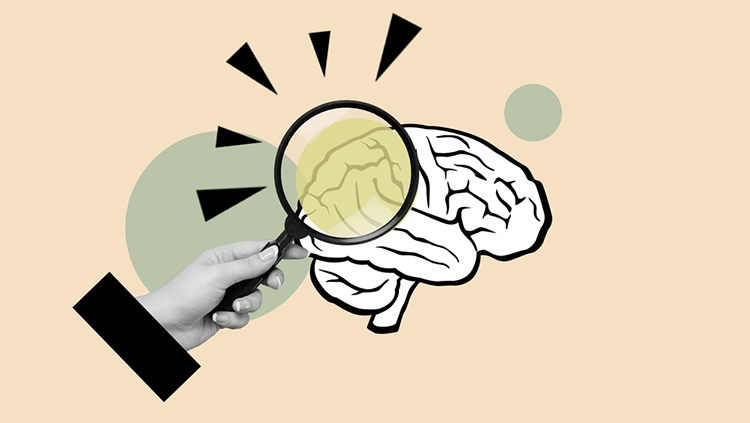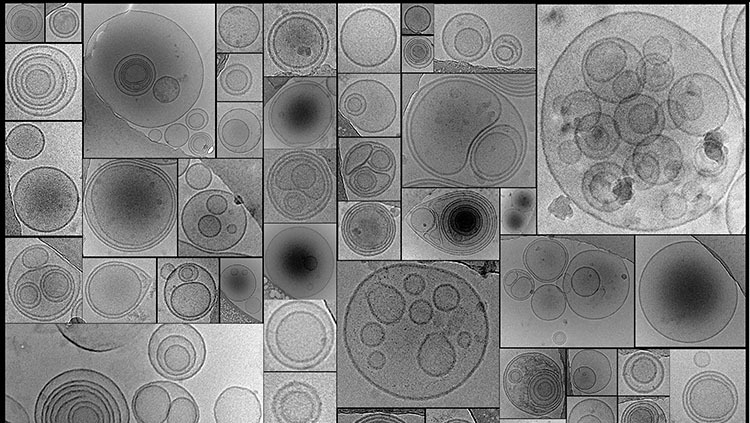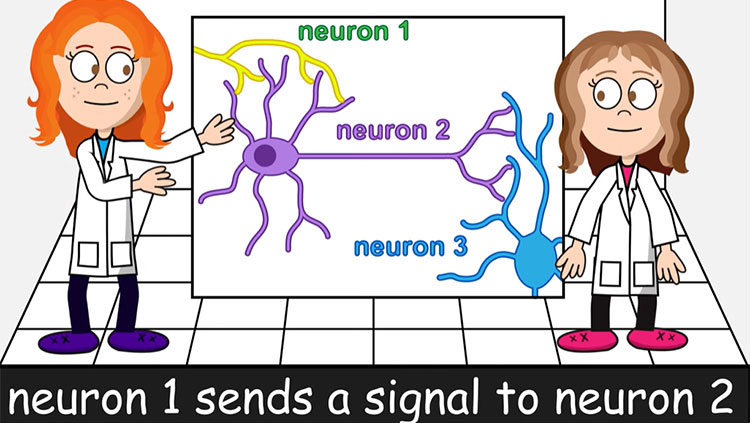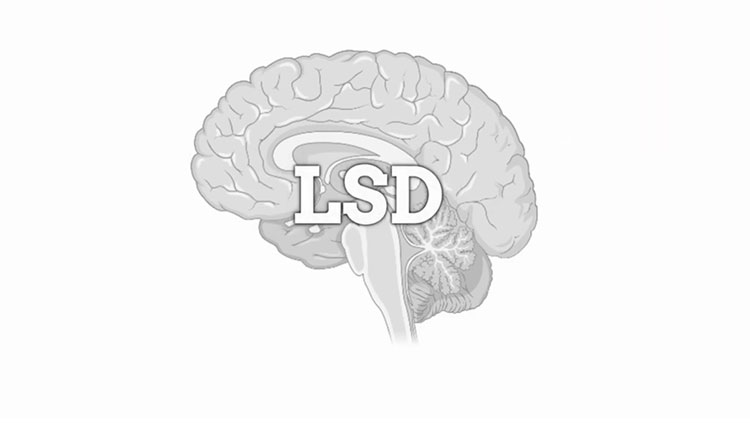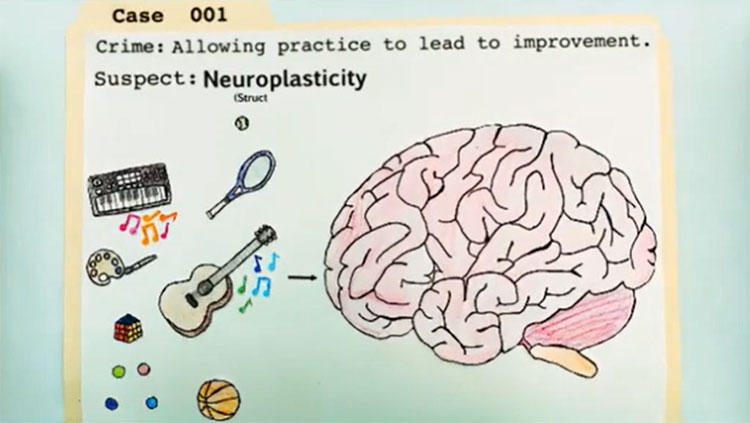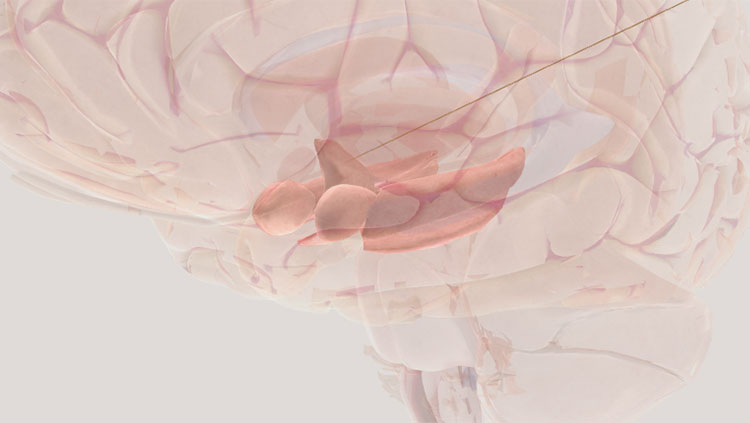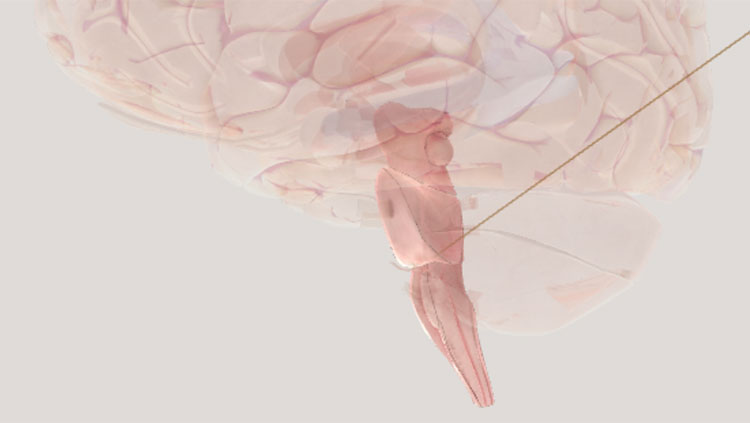With the recent announcement from president Obama that he is seeking funding for a large US-based BRAIN initiative, we should examine the feasibility of such a thing.
The idea of modeling or simulation is that we have sufficient understanding of neuroscience and data available from the biologists (neuroscientists) that would allow the building of a computation model of how some processes work. We have many examples of these sorts of models in neuroscience, starting in the very early days of computing with the very famous Hodgkin Huxley model for how the action potential works. In fact, the ModelDB (model database from Yale) scours the literature and keeps many of these models for posterity, but the type of model that this initiative is talking about is a bit different in scope.
Hodgkin and Huxley modeled (i.e., wrote mathematical equations for) an electrical process of action potential conduction down the axon. The model is a so called RC, resistance / capacitance model, taking account of the various electrical properties of the plasma membrane and how it behaves (it can be thought of as the result of a mathematical formula plotted). The equations were well understood and the model exists, can be downloaded from ModelDB, and run in a simulation platform such as NEURON or MATLAB.
Models exist all over the place from climate science to the mechanics of heart valves and can be quite useful to help people understand the thing they study. So the question of what does it mean to model the brain? Do we really mean that we will try to write an equation for every process in the brain?
This model has been used to build more complex models with an axon that splits into two, several axons together, and others.
The dust certainly has not settled and Congress is yet to weigh in on this, but large US-based initiative,
CONTENT PROVIDED BY
BrainFacts/SfN
Also In Cells & Circuits
Trending
Popular articles on BrainFacts.org


